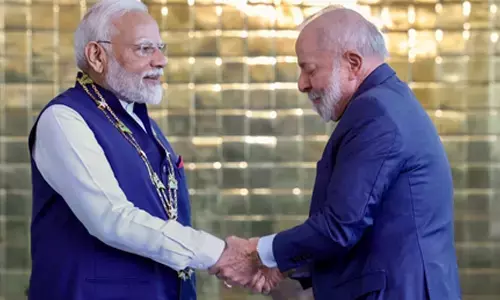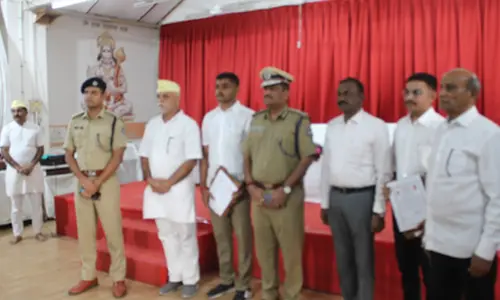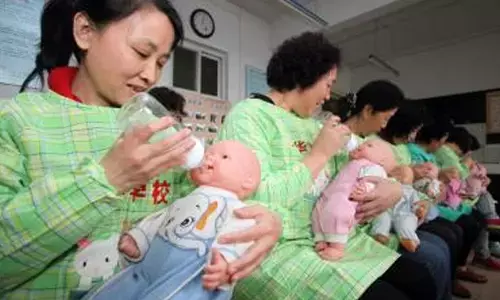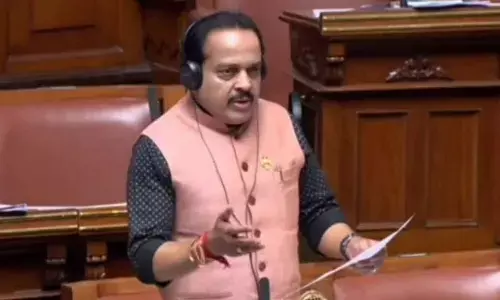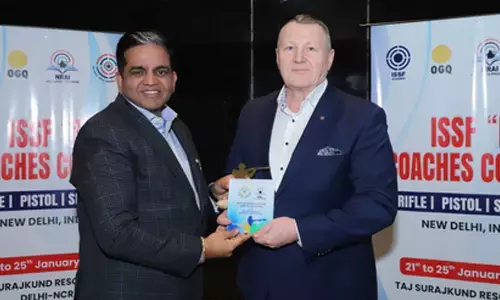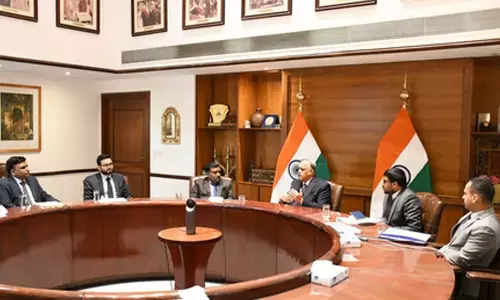Towards a greener & brighter future
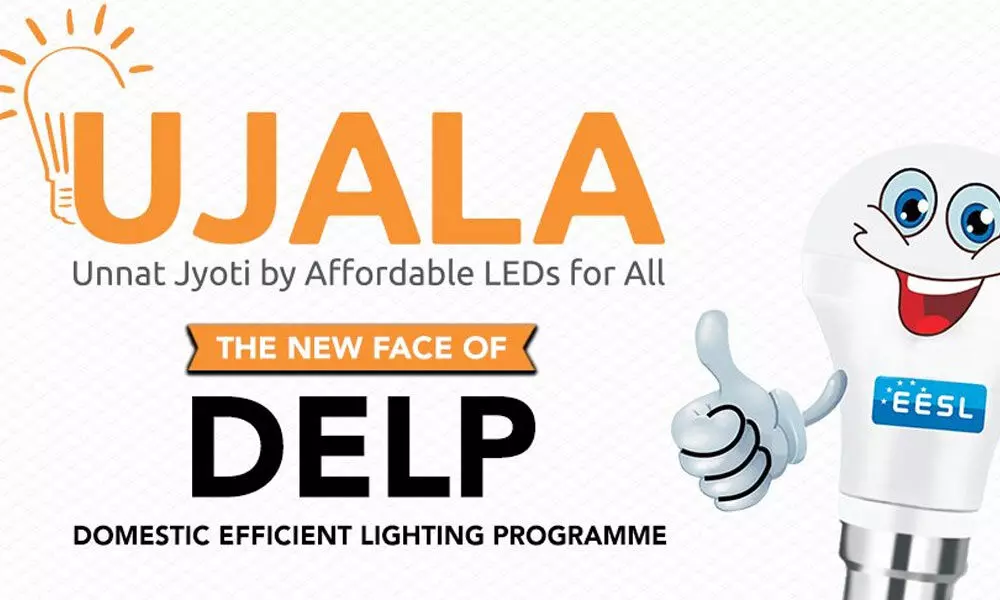
Towards a greener & brighter future
Unnat Jyoti by Affordable LEDs for All (UJALA) was launched by the Prime Minister on January 5, 2015.
Unnat Jyoti by Affordable LEDs for All (UJALA) was launched by the Prime Minister on January 5, 2015. In a short span, it has evolved to be the world's largest zero subsidy domestic lighting programme that addresses concerns such as high electrification cost and high emissions that result from inefficient lighting. As of today, more than 36.78 crore LEDs have been distributed across the country.
Success of the programme – which has transformed the lives of tens of thousands of people – lies in its inimitable strategic approach to energy efficiency. UJALA succeeded in bringing down the retail price of LED bulbs from Rs 300-350 per bulb to Rs 70-80 per bulb. Apart from making affordable energy accessible to all, the programme also resulted in massive energy savings. As of today, 47,778 Million kWh per annum energy has been saved. 9,565 MW of peak demand has been avoided, along with 3,86 crore tons of reduction in CO2 emissions.
UJALA has been readily adopted by all the States. It has helped in reducing annual household electricity bills. Consumers have been able to save money, improve their quality of life, and contribute to India's economic growth and prosperity. Under the programme, the government has ensured transparency and encouraged competition by e-procurement of goods and services. This has resulted in significant reduction in transaction cost and time, enhancing process efficiency. With UJALA, the cost of LED bulbs has come down by 85 per cent. This, in turn has led to a much larger pool of bidders, enhanced quality of the product and availability of better specifications for the consumers.
Leveraging increased industry competition and mass procurement, EESL (Energy Efficiency Service Limited) has adopted an innovative procurement strategy which resulted in well-known benefits and is now known as the USP of the programme. UJALA has been instrumental in delivering significant environmental benefits. What's more, it has also helped in enhancing consumer awareness on financial and environmental benefits associated with energy efficiency. It provides an impetus to the domestic lighting industry. It encourages Make in India as domestic manufacturing of LED bulbs has increased from 1 lakh per month to 40 million per month.
UJALA provides economies of scale to manufacturers through regular bulk procurement. This enables manufacturers to bring down the cost of LEDs for the retail segment as well. The programme has also garnered attention from top management schools of India. It is now a part of Leadership case study in Indian Institute of Management (IIM), Ahmedabad. Furthermore, it is also under consideration for being included in the curriculum of Harvard Business School.
The deployment of clean energy systems is gaining momentum through policy interventions in India and across the globe. Energy efficiency is increasingly becoming a key pillar of energy transformation policies in the world. Implementing robust energy efficiency interventions leads to lower air pollution, decarbonisation, improved energy access, better resource use and enhanced energy security. The transition to clean energy will be faster and cheaper if energy efficiency measures are undertaken. As a part of the Paris Agreement, India has committed to reducing its energy intensity (units of energy use per unit of GDP) by 33-35 per cent by 2030 compared to the 2005 levels. The good work has to continue unhindered in the country.








